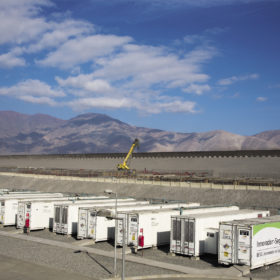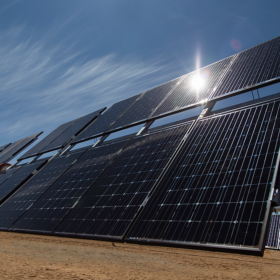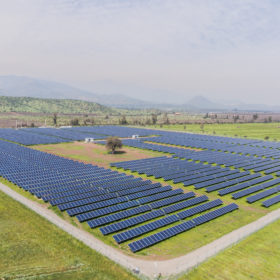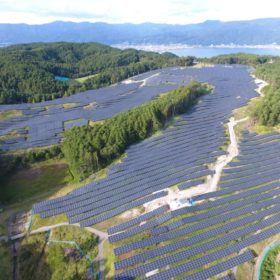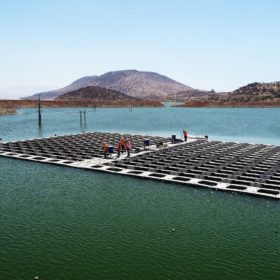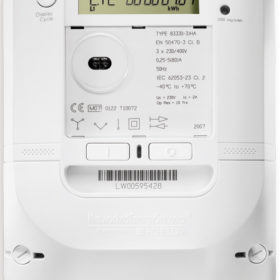The weekend read: Chile taps ‘white gold’ for security of energy supply
Chile is home to a massive 10.3 million tons of lithium reserves, most of which is found in the Atacama Desert in the northern part of the country. With some of the highest solar irradiation levels on Earth, this region also boasts the perfect conditions for generating solar power. Developments in the photovoltaic market, alongside implementation of more efficient energy storage systems, are positioning Chile as a regional leader in this field. So what does the future hold for battery energy storage systems (BESS) in Chile, and what obstacles lie in their way?
Power deal signed for 230 MW solar plant in Chile
Atlas Renewable Energies has agreed to provide the Chilean unit of French energy giant Engie with 550 GWh annually for 15 years. The electricity will be supplied by the Sol del Desierto project Atlas is building in northern Chile.
Italian developer Limes moves into Chilean market
With a 300 MW pipeline in the country that could potentially double in the near future, the Milanese business says Chile’s carbon-neutral ambition will maintain a strong market for solar.
Chile to issue $1.5 billion green bond
The funds will be used for renewable energy facilities and projects associated with the bond have already obtained Climate Bond Initiative certification.
PV leads the way as renewables threaten coal-fired power
With clean energy being generated at lower and lower prices around the world, solar power is playing a leading role in bringing the curtain down on coal, and will help the decarbonization of transport and space heating too.
Sonnedix reaches financial close for a 171 MW project in northern Chile
The $99 million financing was provided by the CAF development bank of Latin America. The large scale solar facility will be in the Atacama desert.
Sungrow secures 400 MW inverter deal in Chile’s largest project
The Chinese manufacturer has signed an agreement with Enel Green Power Chile to supply its 1500 Vdc central inverters to a PV plant at Copiapó, the largest to be built in the country to date.
Chile may change payment scheme for small solar parks
The government is planning to replace the price offered to PV projects that have a capacity of 3-9 MW with hourly tariffs. Solar association Acesol agrees with some of the suggestions but rejects the proposed tariff change. The current system has been the main market driver for Chilean PV for the last two years.
Chile’s first floating PV project reaches completion
Mining giant Anglo American has installed an 84 kW floating array at a copper mine in Chile’s Valparaiso Region. The project was developed by Lenergie with the floating technology of Ciel&Terre.
Smart meters set to disrupt the arch disrupter solar
In both Belgium and Chile, the planned mandatory installation of smart meters is raising concerns among consumers, residential PV system owners and the solar industry. Although seen as a positive, the early stages of smart meter deployment create issues related to the calculation of net metering tariffs and the management and ownership of consumption data, as well as additional costs for consumers.
